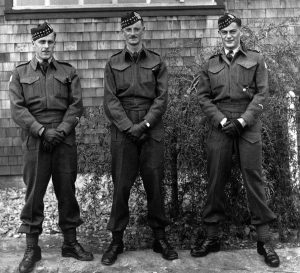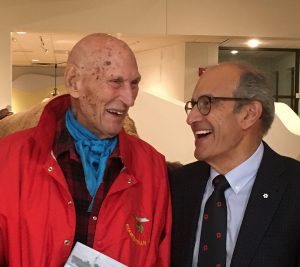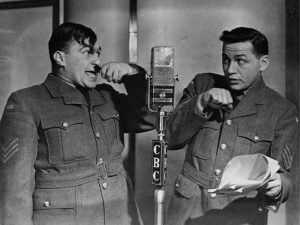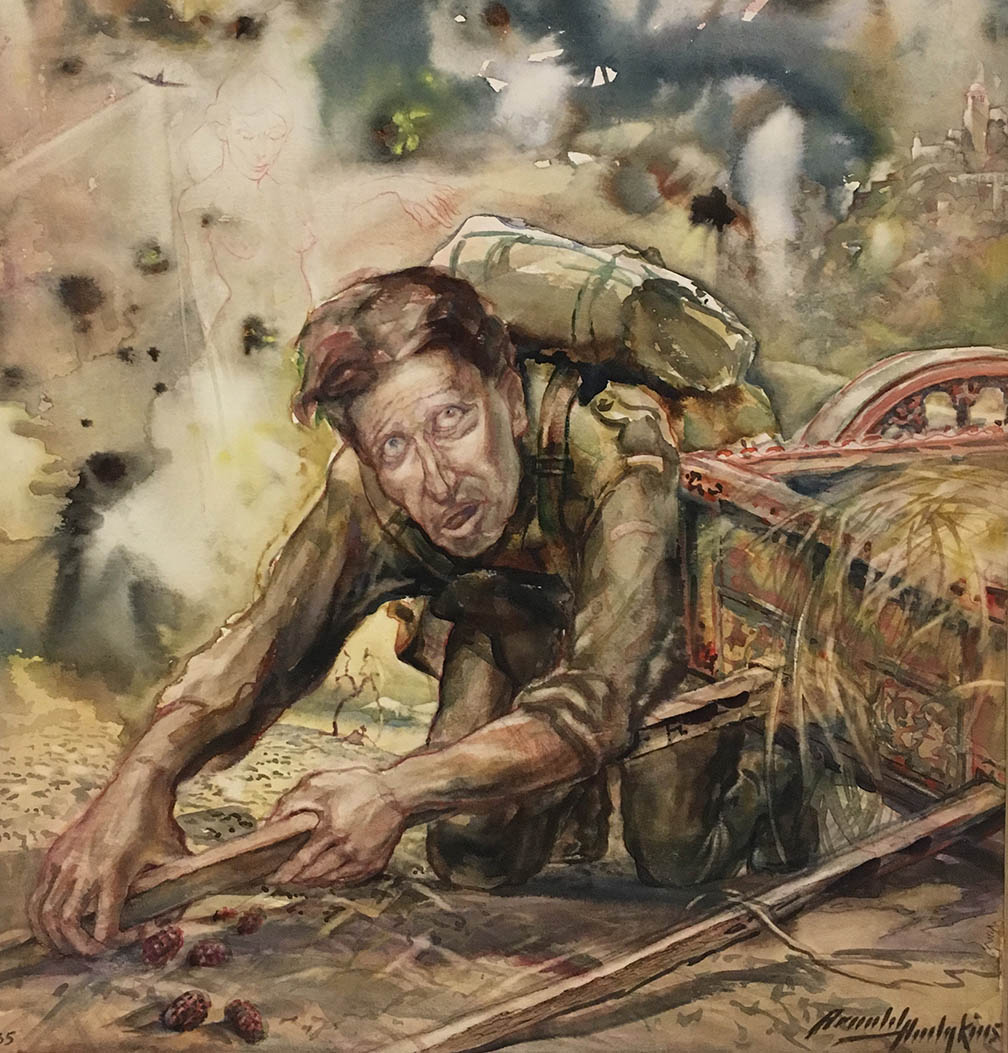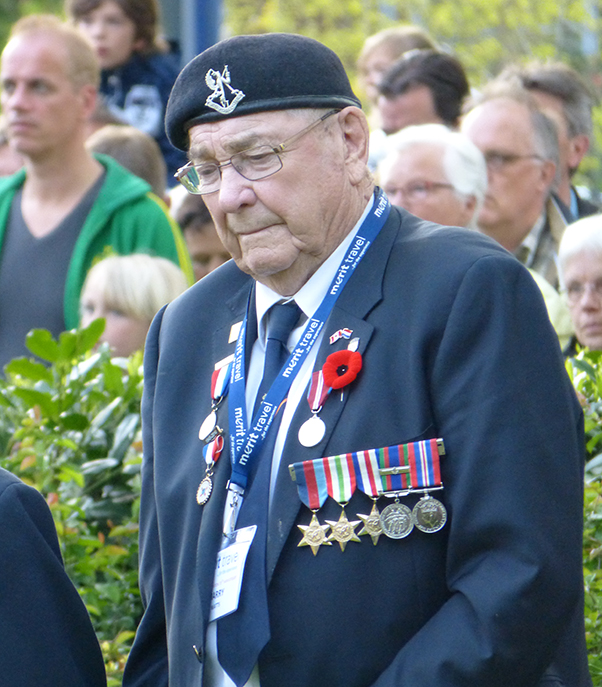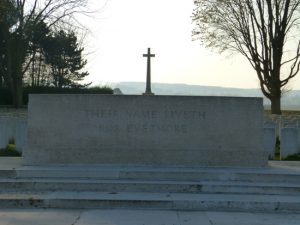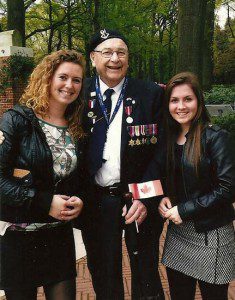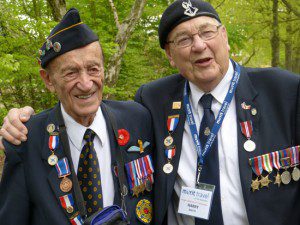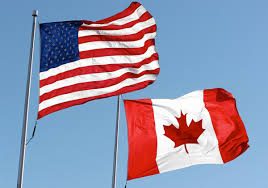 They did it in Ottawa. They did it in Calgary. Then, in Toronto. And then Monday night, in Nashville, Americans did it back. First, Canadian spectators booed the The Star-Spangled Banner north of the border. And so American fans in Tennessee booed O Canada right back when the Ottawa Senators came to Nashville this week.
They did it in Ottawa. They did it in Calgary. Then, in Toronto. And then Monday night, in Nashville, Americans did it back. First, Canadian spectators booed the The Star-Spangled Banner north of the border. And so American fans in Tennessee booed O Canada right back when the Ottawa Senators came to Nashville this week.
Shouted one irate Predators fan, “You gotta pay!”
Then, Nashville coach Andrew Brunette (who is a Canadian) told the U.S. Daily Mail. “I don’t like it. The NHL has been around 100 years and the U.S. and Canada both share this game. I don’t think there’s a place for booing the anthem.” (more…)
